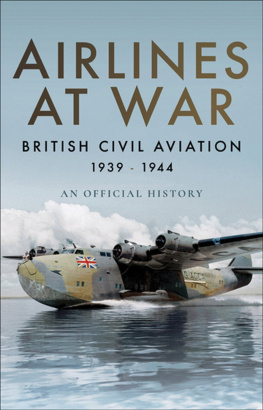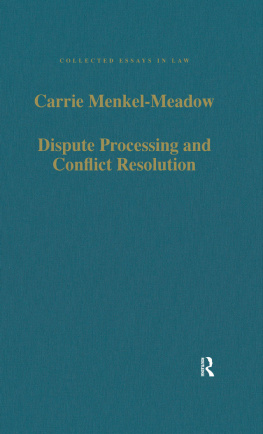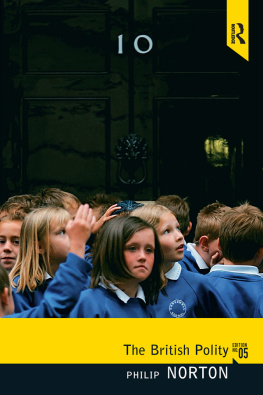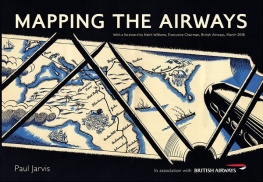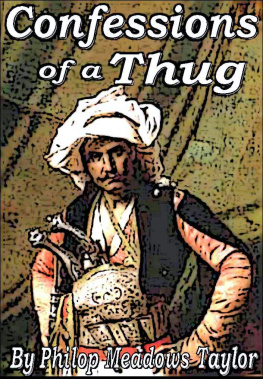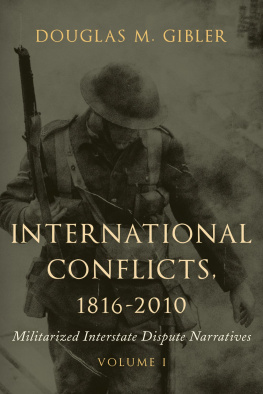First published 2019 by Pluto Press
345 Archway Road, London N6 5AA
www.plutobooks.com
Copyright Philip Taylor and Sian Moore 2019
The right of Philip Taylor and Sian Moore to be identified as the authors of this work has been asserted by them in accordance with the Copyright, Designs and Patents Act 1988.
British Library Cataloguing in Publication Data
A catalogue record for this book is available from the British Library
ISBN 978 0 7453 3991 7 Hardback
ISBN 978 1 7868 0489 1 PDF eBook
ISBN 978 1 7868 0491 4 Kindle eBook
ISBN 978 1 7868 0490 7 EPUB eBook
This book is printed on paper suitable for recycling and made from fully managed and sustained forest sources. Logging, pulping and manufacturing processes are expected to conform to the environmental standards of the country of origin.
Typeset by Stanford DTP Services, Northampton, England
Simultaneously printed in the United Kingdom and United States of America
Acknowledgements
The authors owe a major debt of gratitude to the cabin crew respondents, who so generously gave their time to be interviewed in the midst of taxing work rosters and, often, demanding domestic commitments. BASSA officers were unanimously supportive of the book project, helping us to gain access to the crew. In this respect, acknowledgement is due also to the moderators of the Cabin Crew Forum who posted our requests for interview volunteers. Given that so many individuals helped to make this book a reality it might seem invidious to single out individuals, but Louise and Duncan Holley deserve special mention. On a flight to Newark in March 2010 Phil met Louise when travelling to the International Labour Process Conference at Rutgers University, and she explained the importance of the threat to cabin crew and to BASSA. Phil initiated the letter to the Guardian at that conference that was eventually signed by more than 200 employment relations academics. Through that initiative the path to the book was laid.
Phil and Sian are indebted to Jane Hardy, Geraint Harvey and an anonymous third reviewer for their observations on an advanced draft, and to Andrew Smith, Tracy Walsh and Mike Richardson for their views on an earlier draft. Nicky Marcus, Duncan Holley and Adrian Smith made critical comments that contributed to the final shape of the book. Dave Lyddon made helpful recommendations on relevant literature on strikes and Andy Clark did similarly for work on oral history methods. Finally, thanks are due to Anisha Badshah and Edie Parry for their tremendous work on the index.
Foreword
Len McCluskey
By the time I officially became general secretary of Unite, the BABASSA dispute was well into its second year, but I was already very familiar with its origins and dynamics, having sat in on many of the negotiations between the two sides held under the auspices of the TUC and ACAS. Over those early, tempestuous days in 2010 I got to know the BASSA reps and committee well and could see right from the start these people had a genuine grievance towards a company that was not only attempting to ride roughshod over their terms and agreements but was also looking, so it seemed, to try and annihilate the union itself.
Despite the picture British Airways attempted to paint of a group of dys-functional representatives who were out of control, I found them all to be the exact opposite: very functional, very organised, very determined, intelligent and very much in touch with the membership who reciprocated by placing their utmost trust in them. There is a time to fight, but there is also a time to be pragmatic, and it was reassuring to discover that BASSA were prepared and capable of doing both. They were not militants as BA would have the media believe, they were not rebel rousers or politically motivated but they knew what was right and wrong and were prepared to stand up and be counted.
The BASSA committee in particular were a formidable united force. Lizanne Malone (the chair) and Duncan Holley (the secretary) worked well together and as neither were shrinking violets they provided BASSA with the firm leadership so important in times of siege. The membership were diverse and disparate, but through the tireless work of all the BASSA reps the relationship between them was solid as a rock, an essential ingredient in any dispute. Both Lizanne and Duncan were indebted to Nigel Stott, the worldwide convenor, who they regarded as being the shrewdest tactician and negotiator of any union and I can only agree 100 per cent with their sentiments. Ably supported by Chris Harrison, Nigel was a match for any manager and he also had that priceless knack of being able to articulate complex issues in laymans terms to branch meetings that were attended by literally thousands of members at any one time. Duncan, Lizanne, Nigel and Chris made a strong team I recognised that and I was happy to join them and give them my support from the outset.
For disputes to be successful and believe me this dispute was successful the union must have the trust of its membership and be able to communicate and thanks to the committee and the representatives BASSA had the total trust of the community while totally out-communicating BA.
This dispute of 200911 as acrimonious at it was has been compared with the miners dispute, and in its own way I can see why. This was a bloody feud that was about so much more than crewing levels or wage restructuring. This was a conflict that went to the very heart of what industrial relations between workers and managers were becoming. BA were ruthlessly trying to remove the one obstacle they had to achieving a total dominance over its workforce, and the fact that BASSA and its members were able to resist such a sustained assault is an achievement that deserves to be regarded as one of the union movements finest hours in this country. This has duly been recognised by Sian Moore and Phil Taylor in the fact they have spent the time they have producing the body of work you currently hold in your hands.
The reps will tell you, though, that without the strength and bravery of the membership nothing would have been achieved, and they are correct. At Bedfont in particular, I met and spoke to as many striking crew as I could and to a man and woman they impressed me with their integrity and resolution. Many were enduring financial hardship because of the staff travel ban, plenty had been disciplined and some even sacked, but I was immediately impressed by how determined they all were to see this dispute through to the bitter end. The atmosphere at Bedfont was remarkable and uplifting and to someone who has had a lifetime being involved in all levels of the union movement, a joy to behold. Camaraderie and pride were there in abundance; it warmed the heart, stoked the engines and created faith for the future. Taking industrial action is no laughing matter, but the good humour and dignity displayed by all the crew I met made me wonder on many occasions why this valuable community was under attack by their employer. It really did not make sense, but as I came to learn, not a lot did make sense with BA and its attitude to industrial relations.
Turning the pages of this book and reading the thoughts and opinions from those who spoke to Sian and Phil, it all comes flooding back. I am so pleased it is all down in writing. I am so gratified the crew kept their faith in Unite and I am so elated that they were ultimately rewarded for showing that faith. Nothing is forever, as we trade unionists know only too well, and many of those who took industrial action have since left BA. I have heard so many say that going on strike was one of their proudest ever moments, and one they will hold dear for the rest of their days. This book is a celebration of their achievements and I am just glad I was able to play some sort of role in the story and its outcome. Quite frankly, it was a privilege.


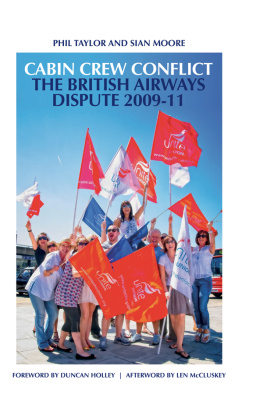
![Captain Chesley B. Sullenberger III - Sully [Movie Tie-In] UK: My Search for What Really Matters](/uploads/posts/book/404353/thumbs/captain-chesley-b-sullenberger-iii-sully-movie.jpg)

